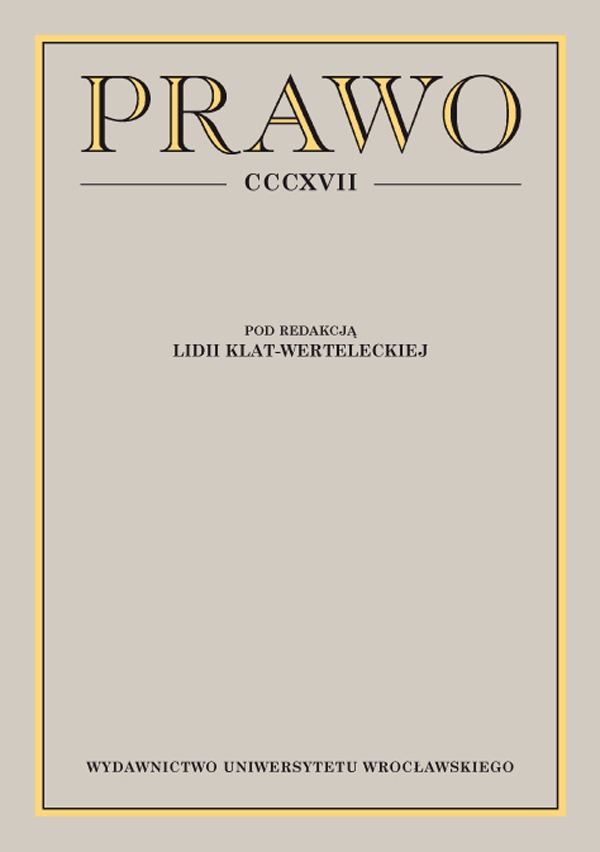

Artykuły

Air transport as public service — analysis of the EUregulatory model
It stands to reason that air transport brings positive catalytic impact for the whole economy. It helps to attract inward investment, allows location-specific resources to reach other parts of the country and fosters social cohesion. It is especially relevant in case of remote, secluded locations where travel by air may be the only viable transport option. At the same time these relatively small communities could hardly generate enough demand to justify air operations economically.
Public Service Obligation PSO is the regulatory tool provided in European law that allows sustaining air operations that are deemed to be vital for a society but that are not commercially viable. This article provides an overview of this legal regime. The analysis hovers around the following issue: The extent of discretionary powers that the State retains in regard to the shape of network that could be supported from the public purse. This immediately brings up another issue, whether State’s involvement in sustaining air operations should be limited to clear market failures or could go beyond that and provide transport of convenience. These policy issues are analyzed from the standpoint of division of powers between the State and the UE.